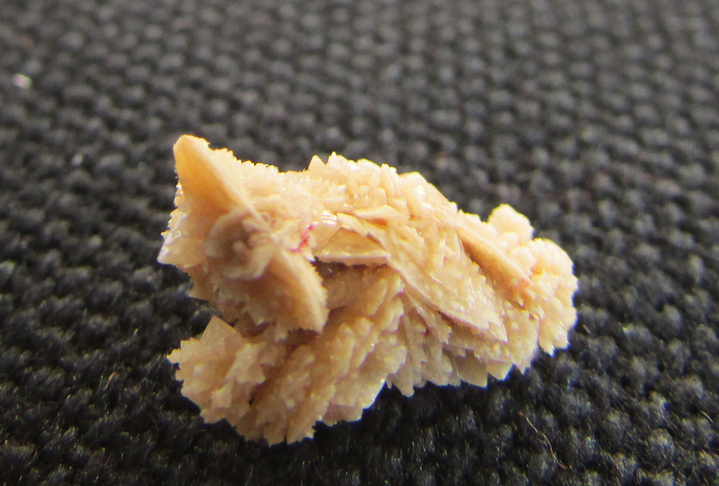
Results from a secondary analysis of the Diuretic Comparison Project were presented at the National Kidney Foundation Spring Clinical Meetings 2025. The analysis examined whether patients with hypertension who were randomized to chlorthalidone (CTD) had fewer kidney stones compared with patients who received hydrochlorothiazide (HCTZ). Both drugs are longer-acting diuretics.
The study included 13,523 adults aged 65 years and older with systolic blood pressure 120 mm Hg or higher who were receiving HCTZ. Of those patients, 1,164 had a history of kidney stones, and 12,359 had no history of kidney stones. Participants were randomized to either continue HCTZ treatment or switch to CTD. The primary study outcome was the development of a kidney stone (as defined by International Classification of Diseases codes).
During a mean follow-up period of 4.2 years, no significant difference was observed between the 2 groups regarding kidney stone formation. In the CTD group, 4.9% of patients had a new kidney stone, compared with 5.2% in the HCTZ group (hazard ratio [HR], 0.94; 95% CI, 0.82-1.08; P=0.43).
However, a significant interaction was observed dependent on participants’ baseline history of kidney stones (P=0.005). Adjusted analysis revealed that participants without a history of kidney stones who received CTD experienced a nonsignificant reduction in the risk of stones (HR, 0.81; 95% CI, 0.65-1.01; P=0.05). Those without a history of stones who received HCTZ had a significantly increased risk of stones (HR, 1.25; 95% CI, 1.01-1.53; P=0.037).
Participants in the CTD group were more likely to experience hypokalemia compared with those in the HCTZ group regardless of their baseline kidney stone status (respectively, 10.2% vs 8.3% with no history; 13.8% vs 11.5% with a history). “Hypokalemia may have influenced stone formation,” the authors wrote.
In summary, CTD and HCTZ had a similar effect on kidney stone formation among patients without a history of stones, but patients treated with CTD had a higher incidence of stones than those treated with HCTZ when they had a history of stones, indicating a strong interaction between baseline history of kidney stones and treatment assignment.
Source: Ishani A, Hau C, Raju S, et al. Chlorthalidone compared to hydrochlorothiazide for the prevention of kidney stones: a secondary analysis of the Diuretic Comparison Project. Abstract #LB-01. Presented at the National Kidney Foundation Spring Clinical Meetings 2025; April 10-13, 2025; Boston, MA.







 © 2025 Mashup Media, LLC, a Formedics Property. All Rights Reserved.
© 2025 Mashup Media, LLC, a Formedics Property. All Rights Reserved.